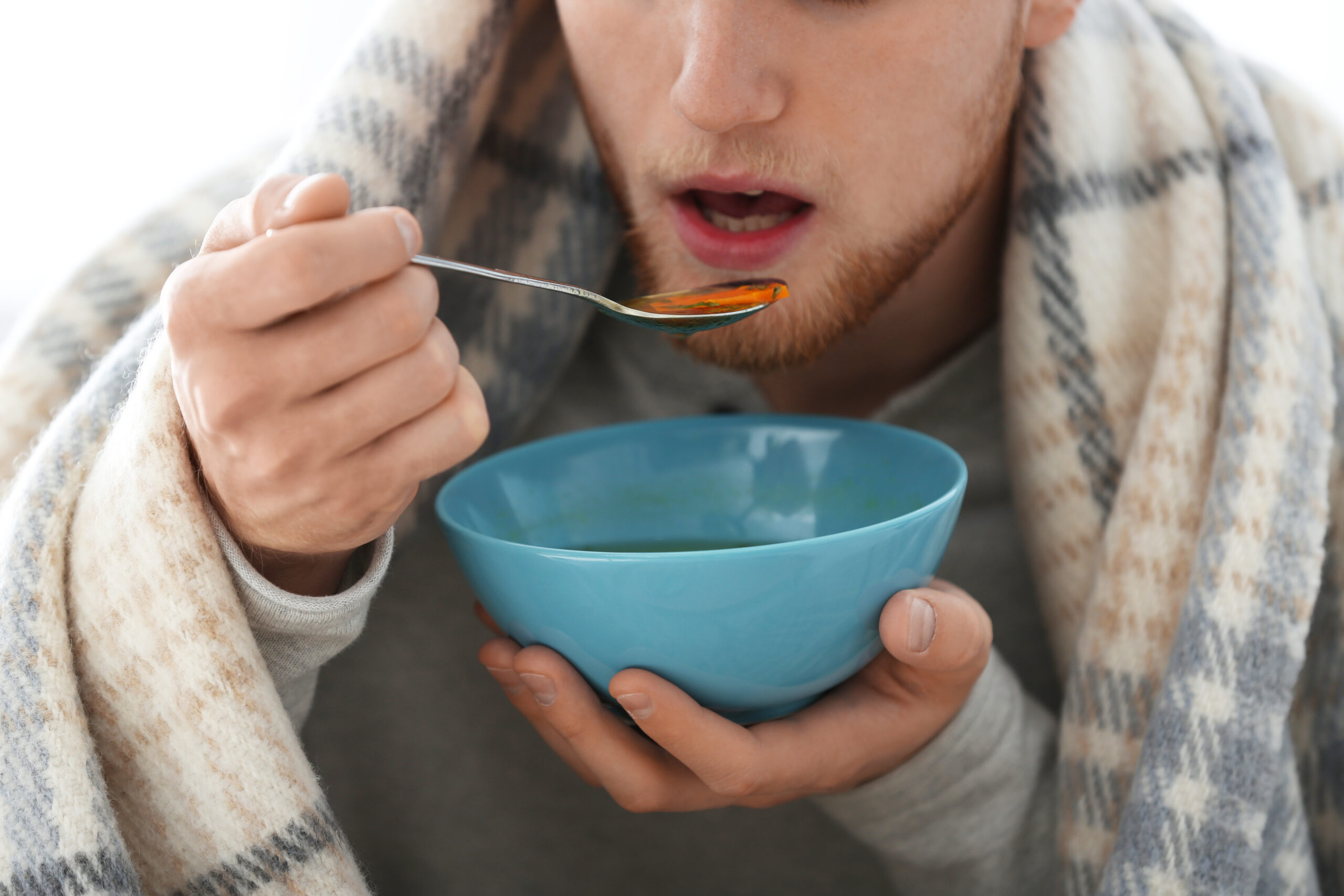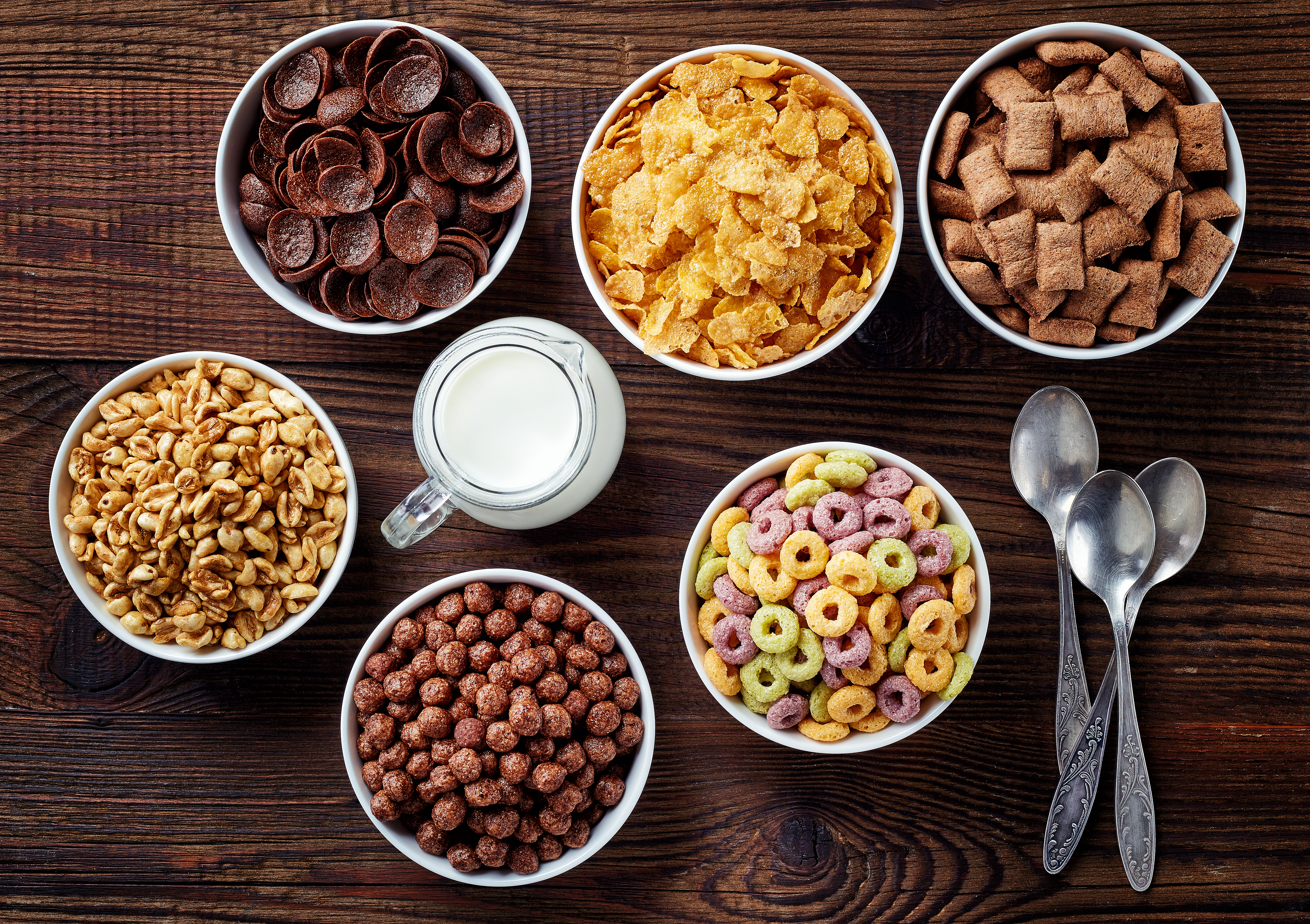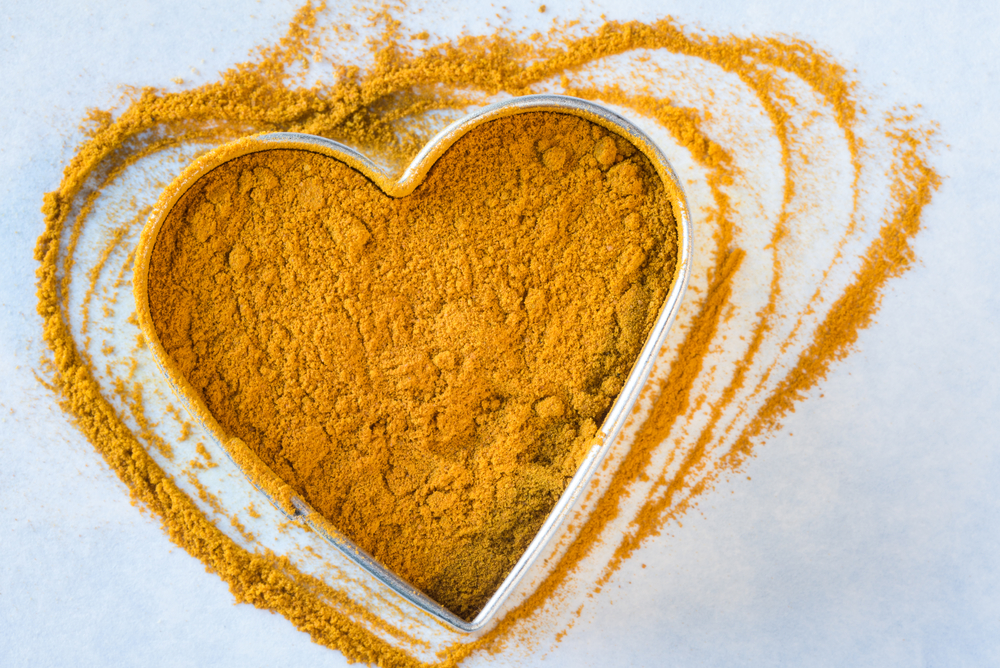The Side Effects Of The Keto Diet
Many people are seeing great success with the keto diet and though a lot of us thought this would be a soon-to-go fad, this keto trend shows no signs of stopping. If for some unforeseen reason you haven’t heard of this diet, it’s essentially a low-carb, high fat, and moderate protein diet that kicks your body into ketosis so you can burn fat and lose weight. To find out more, check out the keto diet and recipes to try on it. Just like starting any new diet, it’s important to check in with a medical professional to ensure this diet is best suited for you. When you decide to embark on your keto journey here are some common side effects you need to know.
1. The Keto Flu
The keto flu may be the most well-known side effect of the keto diet but it’s still worth noting. Before we dive into what exactly the keto flu is, it’s important to explain that this side effect doesn’t happen to everyone as some people can adapt to the diet more easily than others.
The keto flu happens as a result of the body adapting to the ketogenic diet. Just like the regular flu, it can show signs of nausea, stomach pain, fatigue, headaches and more. The flu will usually kick in within the first couple of days up to a week of starting the diet and can last anywhere from a week up to a month. Be on the lookout for these symptoms and be sure to rest up if they occur.
Source: Shutterstock2. Bad Breath
We all have experienced bad breath from time to time whether it was from a garlicky dinner or improper brushing but bad bread, also known as keto breath, is another side effect. Some people describe it as having a metallic taste in the mouth and it can often have a strong odor that sometimes resembles the smell of nail polish remover.
Once your body is in ketosis, fatty acids are converted into ketones which are natural chemicals your body will produce when burning fat for energy. The ketones are then released from the body through urination and exhalation and thus can result in bad breath.
Source: Shutterstock3. Constipation
Constipation is another unfortunate side effect of the keto diet. Making the switch to the keto diet forces your digestion to adjust from digesting loads of carbs to loads of fat. Transitioning into the keto diet quickly can cause your GI tract to be in a stressed state and it may take your gut a while to get used to breaking down more fat than it used to.
Further, healthy carbs such as whole grains and fruits contain fiber which adds bulk to your stool. Cutting back on these foods may prevent regular bowel moments and in worse cases may cause constipation.
Source: Shutterstock4. Initial Weightloss May Come Back
The keto diet has gained so much popularity which is probably due to the fact that it notoriously delivers quick and great results. That said, that initial weightloss may come back and here’s why.
Carbs can make our bodies retain more water than fat or protein can, so once you cut carbs it’s natural to lose the water weight quickly making you appear leaner. But if you ever come off the keto diet and go back to your old carb-heavy eating habits, the pounds may easily pile back on sooner than you want.
Source: Shutterstock5. May Become More Thirsty
When you embark on your keto journey you may notice that you’re a lot more thirsty than usual, and this is completely normal. Dry mouth happens because as your body transitions into ketosis, the high levels of ketones in the body can cause an electrolyte imbalance which could lead to dehydration.
To avoid this be sure to listen to your body! If you’re thirsty, grab a cup of water and always keep a water bottle full when you’re on the go.
Source: Shutterstock6. Clearer Skin
Not all side effects of the keto diet are bad! Once you’ve transitioned to the keto diet you may actually notice that you have clearer skin. Consuming loads of empty carbs and sugar can both lead to acne as these types of foods can trigger inflammation in the body. This then signals the release of hormones and in result can cause increased production of oils that can clog your pores.
Eliminating these foods may reduce inflammation in the body and as a result, may cause your skin to be more clear and radiant than ever. Further, indulging in healthy fats, especially fats that are rich in omega-3s can also help soothe dry, itchy skin.
Source: Shutterstock7. May Clear Brain Fog
Brain fog is an utter annoyance and can seriously mess up your mental focus. While brain fog can be a temporary symptom of the keto flu, you may find that over time, the keto diet will help clear up frequent occurrences of brain fog.
Carbs, particularly refined carbs such as white bread, pasta, and sugary drinks can cause your blood sugar to spike and dip. When you eliminate these types of food and beverages, your blood sugar levels may level out and thus may translate to steady energy levels and less brain fog.
Source: Shutterstock8. Reduced Appetite
You might think that restricting your diet will result in stronger cravings and more hunger but that isn’t exactly the case with the keto diet. Some people reported that they experienced less hunger once they adapted the keto diet.
A reduce appetite may be the result of high fat and protein-rich foods which are both filling nutrients. Other studies believe that low carb diets may curb the production of hunger hormones such as ghrelin. However, it’s worth noting that there isn’t enough evidence to prove this true.
Source: Shutterstock9. Heart Disease Risks May Change
Another side effect while following the keto diet is your risk for heart disease may change. Some studies show that a keto diet that is rich in mostly plant-based sources of fat and protein such as avocados or nuts can reduce your heart disease risk by 30%.
However, on the flip side, if you’re eating ‘dirty keto‘ — think loads of butter, bacon, and steak — you may actually increase your risk for heart disease. It may be wise to have your heart health and cholesterol levels checked by a medical professional while following the keto diet.
Source: Shutterstock10. Could Help Diabetes
The keto diet may help those who have diabetes. Another side effect from the keto diet is it could lower your A1C levels (a measurement of glucose in the blood) and may even reduce the need for insulin. That said you should never seek this diet as an alternative to your medication, always speak to your medical professional first before making any dietary changes.
On the contrary, the keto diet could also put you at risk for diabetic ketoacidosis which is a serious condition where fat gets broken down too quickly and then causes the blood to become acidic. This side effect is more common for those who have type 1 diabetes, but once again always speak to your doctor before making any changes.
Source: Shutterstock11. Could Impact Your Kidneys
Keto dieters are supposed to load up on fats, not proteins, however, many make the mistake of eating lots of meat and that can come with a cost. The kidneys play a vital role in metabolizing protein and eating too much protein could negatively affect kidney function.
Unfortunately, there’s isn’t a definite number that indicates ‘too much‘ protein, it essentially depends on how much protein you’re consuming versus how much you actually need. When in doubt speak to a medical professional to ensure your keto diet is tailored to your needs.
Source: Shutterstock12. May Cause Headaches And Wooziness
If you’re experiencing frequent headaches or wooziness this could be a side effect of the keto diet. This is because as fluids leave the body through urine, salts can get depleted too which may result in headaches and wooziness and in some cases, leg cramps too.
To prevent this be sure to add sea salt to your food and indulge in bone broth such as this easy 90-minute bone broth recipe. You’ll also want to stock up on other important salts such as potassium and magnesium which can be found in foods like nuts, fish, meat, as well as an assortment of vegetables.
Source: Shutterstock






